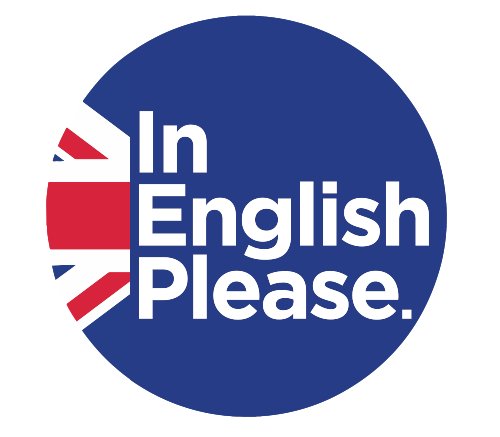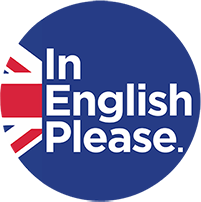Will

Futuro con will
Hablamos utilizando will en las siguientes situaciones. Se forma con [sujeto + will + verbo en infinitivo]. Ten en cuenta que lo más común es utilizar su contracción; I will = I’ll:
Decisión espontánea
Se usa will cuando nos referimos a una acción que hemos pensado en ese mismo instante. Lo más común es utilizar su contracción ‘ll.
Don’t call a taxi, I’ll pick you up. No pidas un taxi, yo te recojo.
Your shirt is broken. I’ll fix it. Tienes la camisa rota. Te la arreglo.
I forgot my umbrella. I’ll buy a new one on my way home. Olvidé mi paraguas. Compraré uno nuevo de camino a casa.
The phone is ringing. I‘ll answer it. El teléfono está sonando. Lo contestaré.
I’m hungry. I’ll make some pasta for dinner. Tengo hambre. Haré pasta para cenar.
Hacer una predicción
Cuando tienes una certeza de algo que sucederá en el futuro puedes utilizar will.
I’ll be late. Llegaré tarde
The train will arrive at 8 o’clock. El tren llegará a las 8 en punto.
She will pass the exam because she studied very hard. Ella aprobará el examen porque estudió mucho.
I’m sure he will come to the party tonight. Estoy seguro de que vendrá a la fiesta esta noche.
They will win the game. They’re a strong team. Ellos ganarán el juego. Son un equipo fuerte.
Forma negativa
El negativo de will es won’t:
I won’t go to France this year. Este año no voy a Francia.
He won’t fail the exam. Él no va a suspender el examen.
The shop won’t open tomorrow. La tienda no abrirá mañana.

